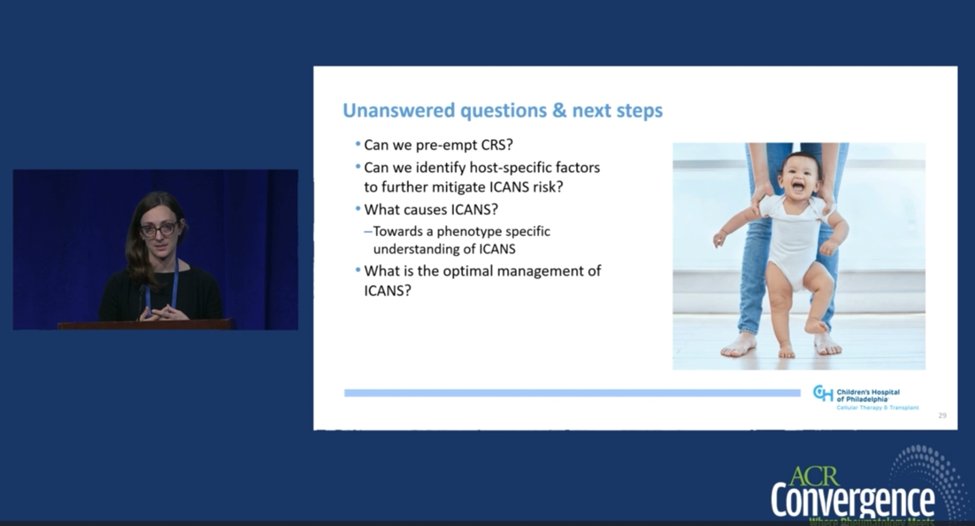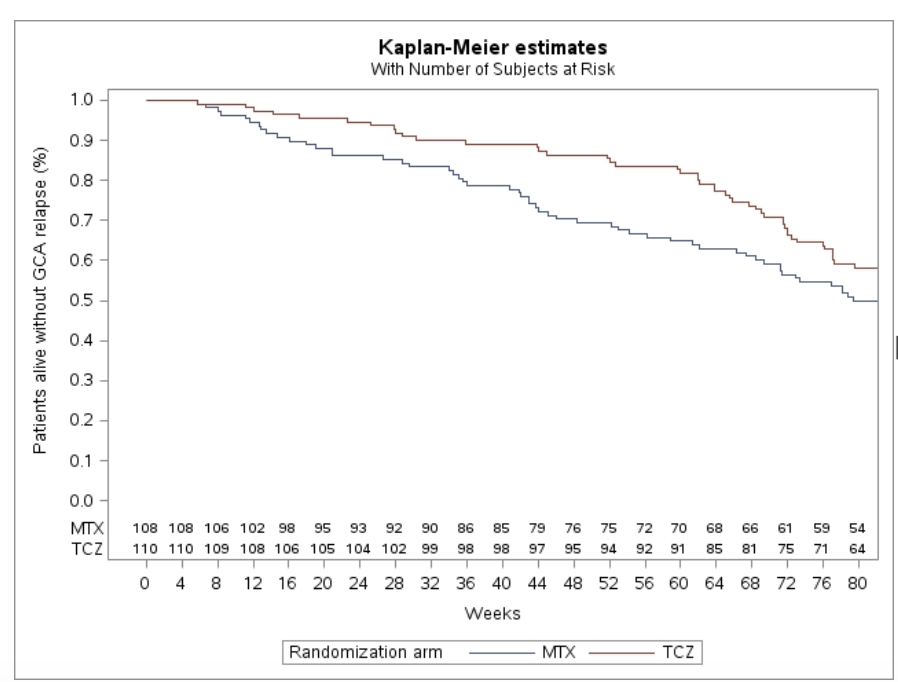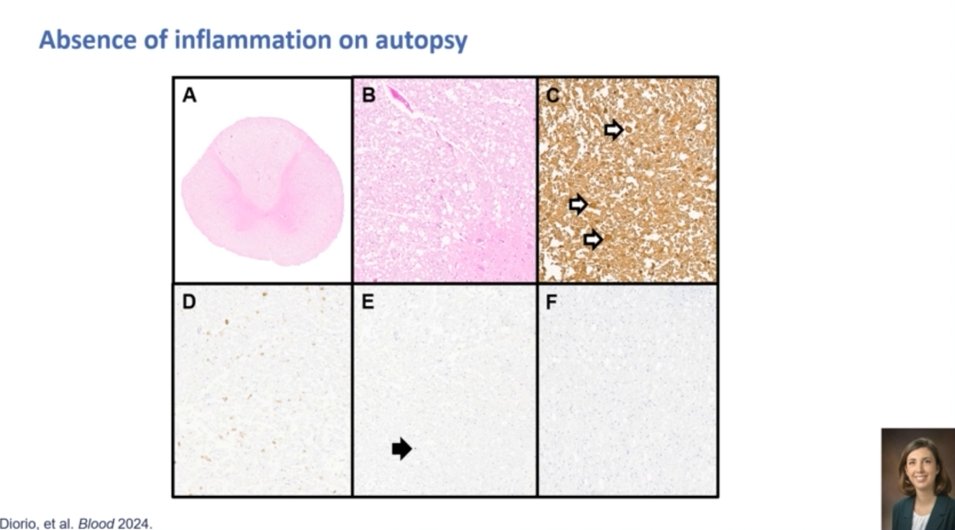All News
IL-23 Blockade Goes Oral
A new player is entering the IL-23 arena — and it’s a tablet! Icotrokinra (ICO), a first-in-class peptide that binds and blocks the interleukin-23 receptor (IL-23R), is showing encouraging efficacy and safety across a range of psoriasis (PSO) and psoriatic disease (PsD) studies.
Read ArticleSjogren’s disease: two drugs with positive trials
After several failures of therapies in Phase 3 trials of Sjogren’s disease (SjD) over many years, all hope is not lost!
Read Article

Links:

Links:

Links:

Links:

Andrew Yee @andrew02114 of @MGHCancerCenter details out how quickly the CAR-T paradigm changed in myeloma/lymphoma - from newsworthy to routine. Now that much more about CAR-T has been worked out, will adoption be quicker in autoimmune disease? #ACR25 BCRC pre-meeting @RheumNow https://t.co/oNuPXCwWQ9
Links:



Janet Pope Janetbirdope ( View Tweet)

Janet Pope Janetbirdope ( View Tweet)



Links:

Janet Pope Janetbirdope ( View Tweet)

Post-CAR-T myelopathy has been an issue in heme onc, and is still an unpredictable quantity without a clear cause. Will this be a problem for autoimmune CAR-T as we gain more experience? @CarolineDiorio @ChildrensPhila in the #ACR25 BCRC pre-meeting @RheumNow https://t.co/RhhdOiyEAX
Links:

Janet Pope Janetbirdope ( View Tweet)

Dr. John Cush RheumNow ( View Tweet)

Links:





